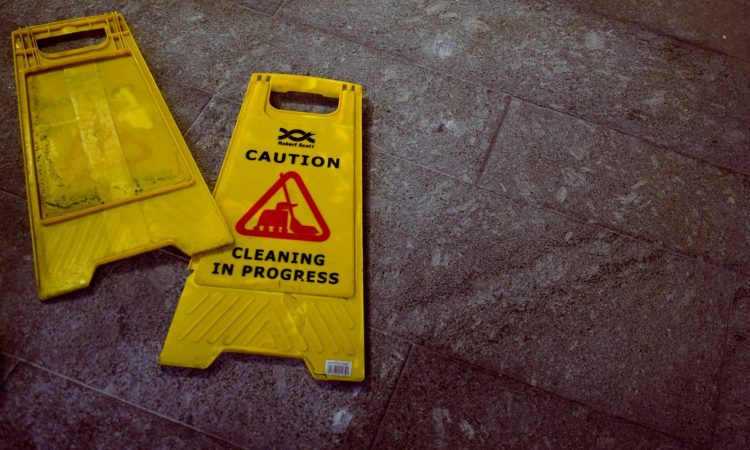
Missed Diagnosis of Cauda Equina Syndrome: A Case for Medical Negligence
Cauda Equina Syndrome (CES) is a severe neurological condition that requires urgent medical intervention. A failure to diagnose and treat CES in a timely manner can lead to devastating, life-altering consequences for patients. When medical professionals miss the critical signs of CES, it may constitute medical negligence, entitling the affected individual to legal redress.
What is Cauda Equina Syndrome?
Cauda Equina Syndrome occurs when the bundle of nerves at the lower end of the spinal cord (the cauda equina) becomes compressed. This compression can result from a herniated disc, spinal trauma, tumours, infections, or other spinal abnormalities. If left untreated, CES can cause permanent nerve damage, leading to paralysis, incontinence, and chronic pain.
Symptoms of Cauda Equina Syndrome
- A timely diagnosis is crucial to prevent irreversible harm. Red flag symptoms of CES include:
- Severe lower back pain
- Sciatica in one or both legs
- Numbness or weakness in the legs
- Saddle anaesthesia (numbness around the inner thighs, buttocks, or perineum)
- Bladder and bowel dysfunction, including incontinence or retention
- Sexual dysfunction
Medical Negligence and Missed Diagnosis
- A missed or delayed diagnosis of CES can occur due to:
- Failure to recognise or document symptoms
- Inadequate physical examination
- Delayed imaging studies (MRI or CT scans)
- Misinterpretation of imaging results
- Dismissal of patient complaints as less serious conditions (e.g., routine back pain)
- If a healthcare provider fails to diagnose CES despite the presence of clear warning signs, the patient may suffer avoidable harm. A delay of even 24-48 hours in treatment can mean the difference between full recovery and permanent disability.
Legal Rights for Victims of Misdiagnosed CES
Patients who have experienced a missed diagnosis of CES may be eligible to bring a claim for medical negligence if:
- A duty of care was owed by the healthcare provider.
- The provider breached this duty by failing to diagnose or treat CES promptly.
- The breach resulted in harm that would have been preventable with proper medical care.
Compensation in such cases may cover:
- Medical expenses, including surgery, rehabilitation, and ongoing care
- Loss of earnings and future earning potential
- Pain, suffering, and loss of quality of life
- Necessary adaptations to living arrangements (e.g., wheelchairs, home modifications)
Seeking Legal Advice
If you or a loved one has suffered due to a missed diagnosis of Cauda Equina Syndrome, it is crucial to seek legal advice from experienced medical negligence solicitors. At Hopkins Solicitors we specialise in holding negligent medical professionals accountable and securing the compensation our clients deserve.
Contact us today for a free consultation and let us help you navigate your legal options.
Request a CallbackRelated Articles
-

Stay Safe This Half-Term: A Guide to Avoiding Injuries During the Easter School Holidays
With the Easter school holidays just around the corner, families are gearing up for a well-deserved break from the usual…
-

I am a landlord and my commercial tenant is insolvent – what are my options?
For landlords of commercial premises, dealing with potential insolvent tenants can be a challenging situation as it involves both legal…
-

Navigating the Complexities of Capacity Challenges in Will Disputes
Losing a loved one is difficult enough, but inheritance disputes can add another layer of stress. One common issue is…